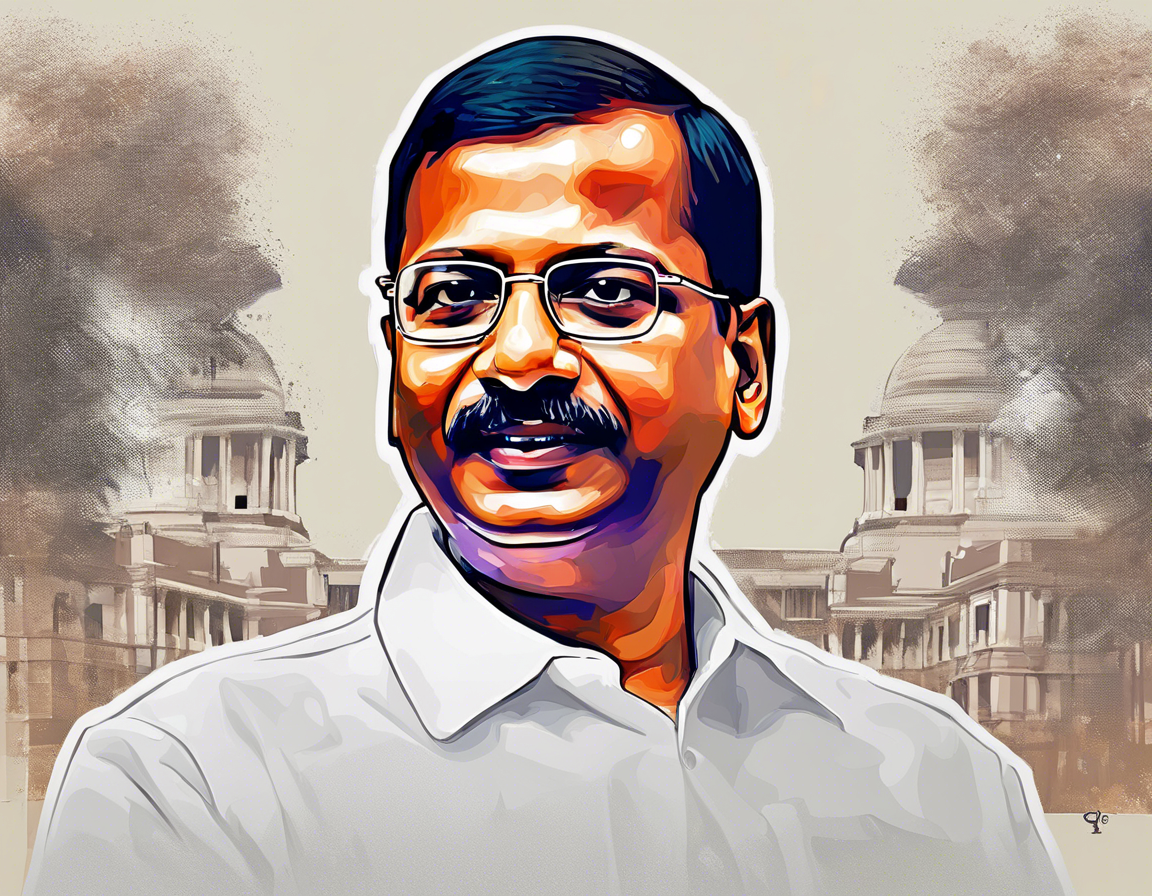Recently, the Delhi High Court made a significant ruling in the case involving Chief Minister of Delhi, Arvind Kejriwal, and others related to a defamation suit filed by Bharatiya Janata Party (BJP) leader Avtar Singh Bhadana. This ruling has sparked a lot of discussion and debate in the political and legal circles. In this article, we will delve into the details of the case, the arguments presented, and the implications of the High Court’s decision.
Background of the Case
The case dates back to 2008 when Avtar Singh Bhadana filed a defamation suit against Arvind Kejriwal and others for allegedly making defamatory statements against him. The lower court had framed charges against the defendants, including Kejriwal, for the offense of defamation under Section 499 of the Indian Penal Code. The defendants had challenged the lower court’s order, leading to the case reaching the Delhi High Court.
Arguments Presented
During the proceedings in the High Court, the defendants argued that the lower court had erred in framing charges against them as the statements made were in the public interest and did not amount to defamation. They contended that the allegations made were based on facts and aimed at exposing corruption in public life. On the other hand, the plaintiff argued that the statements were malicious and intended to harm his reputation.
Delhi High Court’s Ruling
In a detailed judgment, the Delhi High Court analyzed the statements made by the defendants and the context in which they were made. The court observed that while criticism of public officials is permissible in a democracy, it should not cross the line into defamation. The court noted that the statements made by Kejriwal and others were not mere criticism but contained imputations against the plaintiff’s character.
The High Court upheld the lower court’s decision to frame charges against the defendants. The court emphasized that freedom of speech and expression is not absolute and must be exercised responsibly, especially when it comes to making allegations against individuals. The court directed the defendants to face trial in the lower court and present their defenses.
Implications of the Ruling
The Delhi High Court’s ruling has significant implications for the political landscape in India. It reinforces the importance of responsible speech by public figures and highlights the need to balance freedom of expression with the rights of individuals to protect their reputation. The ruling also serves as a reminder that public officials can be held accountable for their statements and actions, even if they are made in the public interest.
FAQ Section
1. What was the specific statement made by Arvind Kejriwal that led to the defamation suit?
The specific statement made by Arvind Kejriwal alleged corruption on the part of Avtar Singh Bhadana in connection with certain projects, which led to the defamation suit.
2. How does the Indian Penal Code define defamation?
Under Section 499 of the Indian Penal Code, defamation is defined as the act of making a false statement about an individual that harms their reputation.
3. Can criticism of public officials be considered defamation?
Criticism of public officials is permissible in a democracy as long as it is based on facts and does not cross the line into making false and malicious claims that harm their reputation.
4. What are the potential penalties for defamation in India?
Defamation is a criminal offense in India and can lead to imprisonment for up to two years, a fine, or both.
5. Can the defendants appeal the Delhi High Court’s ruling?
The defendants have the option to appeal the Delhi High Court’s ruling in the Supreme Court of India if they believe there are grounds for overturning the decision.
Conclusion
The Delhi High Court’s ruling in the defamation case involving Arvind Kejriwal has reignited the debate on freedom of speech, responsible expression, and accountability of public figures. While the ruling sets a precedent for future cases involving defamation by public officials, it also underscores the delicate balance between protecting individual reputations and upholding the right to criticize those in power. As the case moves back to the lower court for trial, the legal proceedings are likely to further elucidate the complexities of defamation law in India.
